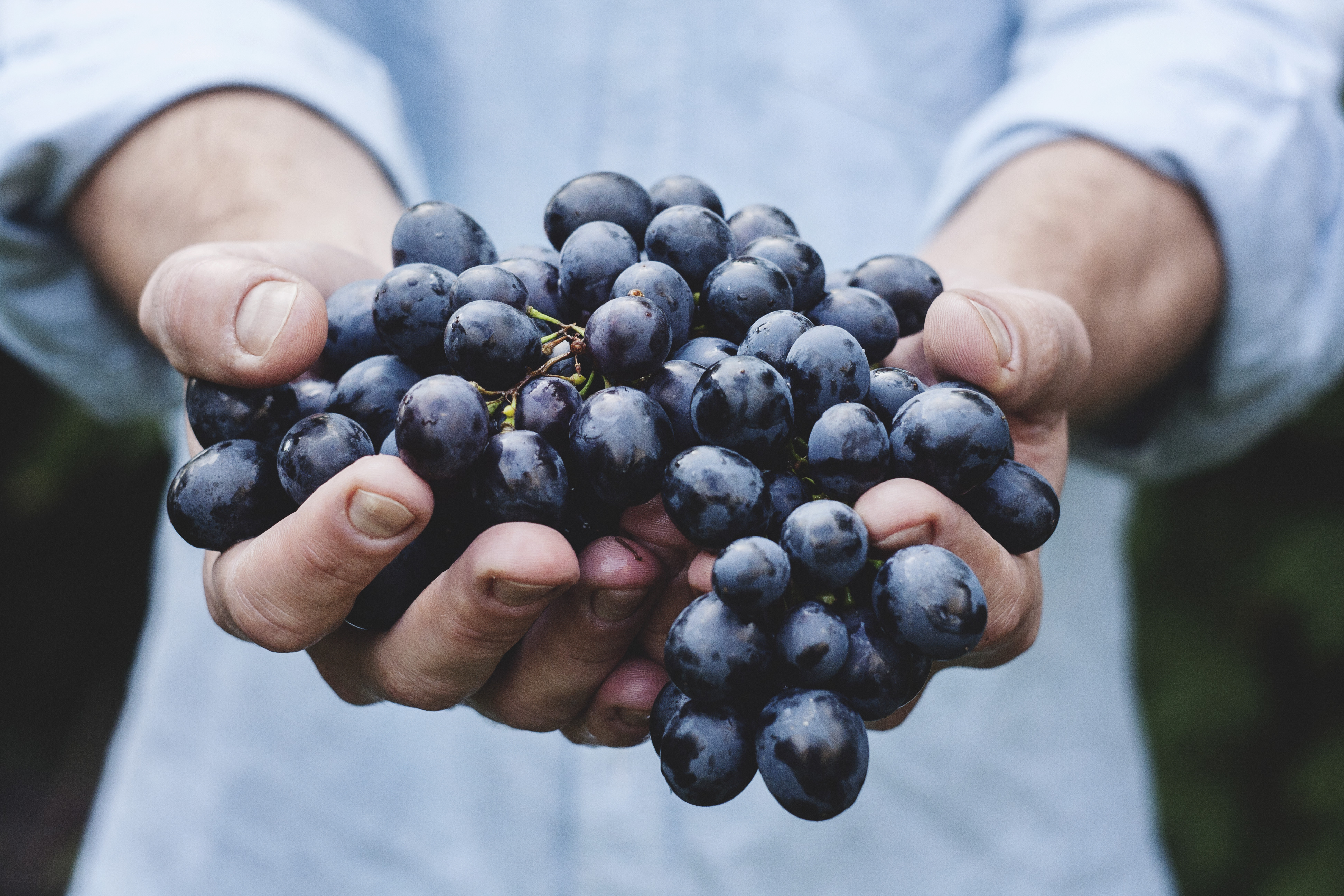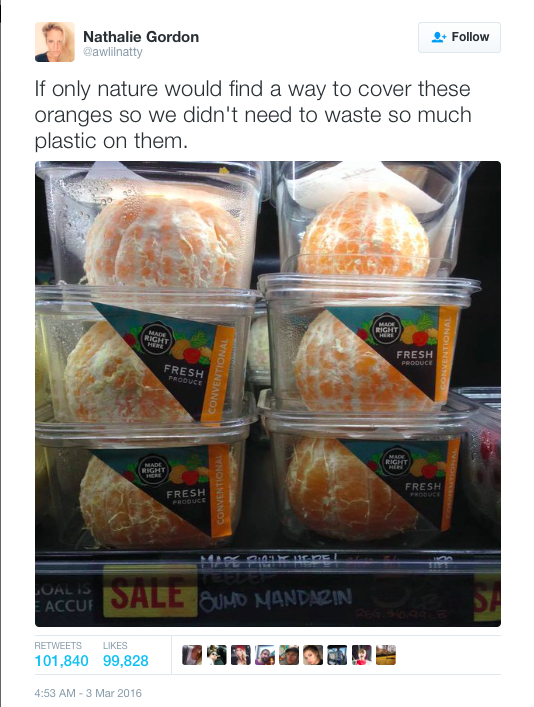Your Cart is Empty

A recent study has shown that majority of Australians are choosing products with the word ‘natural’ slapped on them, which poses the question; what do we define as truly ‘natural’ and is this just another buzzword we need to be wary of when grocery shopping?
According to a new study, most food items labeled as ‘natural’ are actually unhealthy. More than 350 supermarket products claiming to be ‘natural’ were recently examined by the anti-obesity initiative ‘Live Lighter’, and almost half of these items didn’t fall into any of the five core food groups.
It’s no wonder that marketers are using the word ‘natural’ on products wherever they can. 60% of Australians are more than likely to buy food or drinks labeled as ‘natural’, so there’s a big buck to be made by slapping the buzzword on the packaging. A survey by Consumer Reports of 1005 adults found almost identical results. Most people read the word ‘natural’ and immediately assume it’s a better than other alternatives, but many of these products are not natural in any sense of the word. This results in consumers selecting items that aren’t good for us, or good for the environment.
Prime offenders loosely using the term ‘natural’ are companies such as ‘The Vege Chip Company’ and ‘The Natural Confectionary Co’. ‘ The Natural Confectionary Co’ justifies their use of the word by excluding artificial colours and flavors from their lollies, but this by no means makes their sweets a nutritious choice. Products are still full of sugar, and often equally as unhealthy as other confectionery brands.
“ ‘NATURAL’ IS NOT REGULATED AS A WORD USED ON PACKAGING. IT MIGHT MEAN FEWER INGREDIENTS IN SOME PRODUCTS; FOR OTHERS IT MIGHT MEAN LESS-PROCESSED OR MADE LOCALLY … BUT MANY OF THESE PRODUCTS ARE HIGH IN SATURATED FAT, SUGAR AND SALT.”
– ALISON MCALEESE, VICTORIAN CAMPAIGN MANAGER FOR LIVELIGHTER
Alison McAleese, the Victorian Campaign Manager for LiveLighter explained ” ‘Natural’ is not regulated as a word used on packaging. It might mean fewer ingredients in some products; for others, it might mean less-processed or made locally … but many of these products are high in saturated fat, sugar, and salt.” These revelations might not come us much of a surprise to some, a quick scan of the ingredients and a nutritional panel on products labeled as ‘natural’ and it quickly becomes clear that ‘natural’ products are often a wolf in sheep’s clothing.

The Oxford Dictionary defines natural as:
1. Existing in or derived from nature; not made or caused by humankind:
carrots contain a natural antiseptic
2. Having had a minimum of processing or preservative treatment:
our nutritional products are completely natural
In regards to food, I believe ‘natural’ means as close to nature as possible. It seems the Australian Competition and Consumer Commission would agree. Their food and beverage industry Food Descriptors Guideline says “natural” claims “imply that the product is made up of … ingredients nature has produced, not man-made or interfered with by man”. This rules out the majority of the processed products that can be found in a supermarket.
Many products sold in large supermarkets often zig-zag across the country and the globe, quickly racking up food miles. In an enormous supermarket, It’s easy to forget where our food is really coming from, and how it was manufactured or farmed. To live a lower carbon lifestyle, it’s essential to be somewhat aware of how your food was produced.
Natural food should be good for not only us but the planet too!I’ve never felt such exasperation like I did when I saw this photo circulating the Internet:

Chucking a piece of fruit that comes with its own, totally natural packaging in a plastic container is ludicrous. At the local grocer, it’s not unusual to see organic fruit and veg covered in plastic wrap on a Styrofoam tray.
Eating nutritious and truly natural food is intrinsically linked with caring for the environment, and many others would agree. A Consumer Report study of more than 1000 people found other major priorities of shoppers included:
At 1MW, we wholly embrace personal behaviours that leave smaller footprints on the planet. This can be anything from refusing plastic bags in favour of reusable ones, to reducing vehicle emissions by cycling to work a few days a week.
Our diet is one aspect of our lives where we can have an enormous environmental impact. We have the power to minimise food miles by eating local produce and significantly cut our carbon emissions by reducing the amount of meat we consume.
With the majority of consumers evidently eating ‘natural’ food because they are under the impression this is better for them, it’s never been more important to lock down a tangible definition of the word. More often than not, food that is well and truly ‘natural isn’t only good for us, but also good the planet.
As global warming and a growing population put pressure on food security, it is now more important than ever before to understand how to protect crops and crop diversity and make choices that reflect this. Navigating the maze of ‘natural’ food products and making planet-friendly choices is easier than you think:
This article was originally written for 1 Million Women.